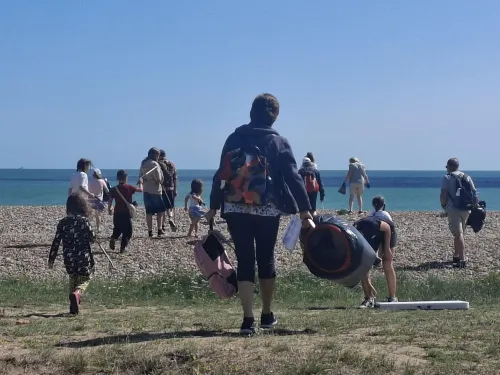
National Marine Week 2025 - Celebrating Our Coast with Partners and the Public
Protected Area Warden Nina Jones reflects on this year's National Marine Week: a lively celebration of Kent’s marine and coastal environment.
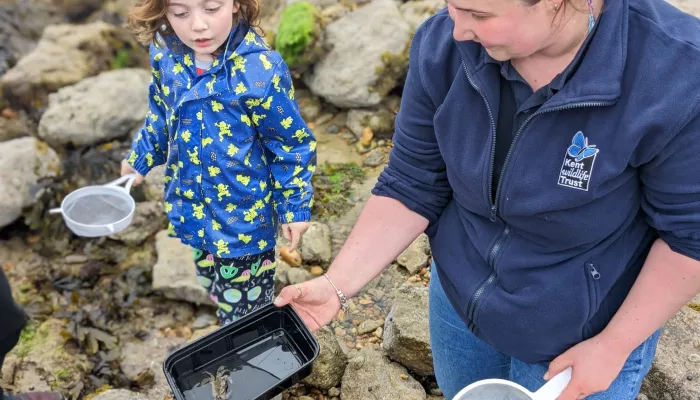
Tim Horton
Wildlife to spot and among some of the easiest to see, even in the highest rockpools, include seaweeds like serrated wrack and animals like edible winkle, shore crab and common prawn. There are plenty of other species to see so why not download this rocky shore guide below to find more out about the kind of animals you might get to spot.
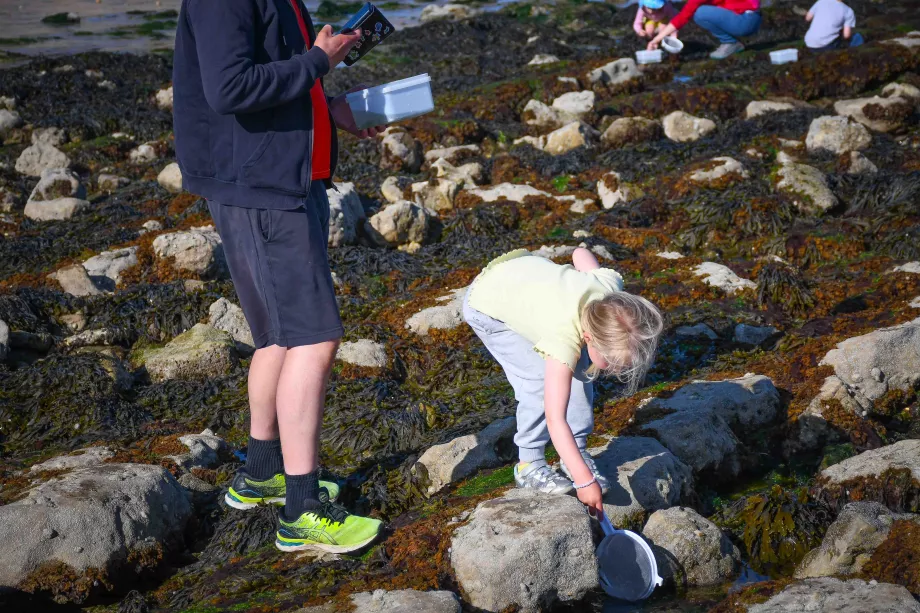
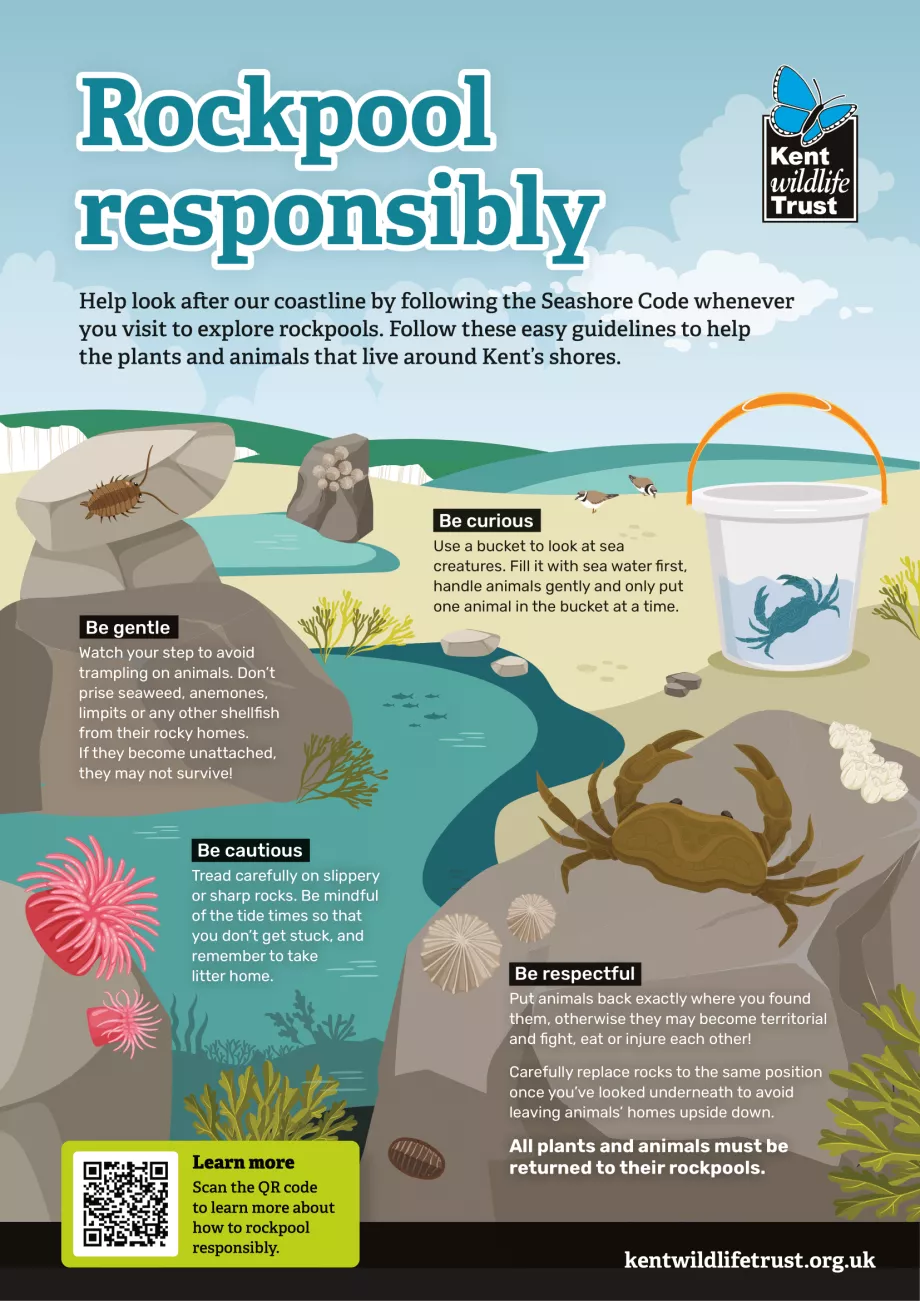

Protected Area Warden Nina Jones reflects on this year's National Marine Week: a lively celebration of Kent’s marine and coastal environment.
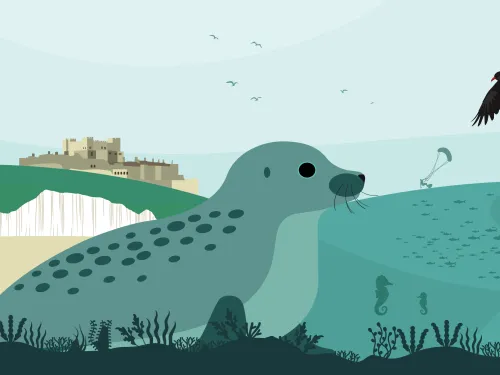
Adonis Blue Environmental Consultants (ABEC) is a part of the wider Kent Wildlife Trust Group. This National Marine Week, let's explore what the ABEC Coastal Explorer Interns have been up to in their first month with us!
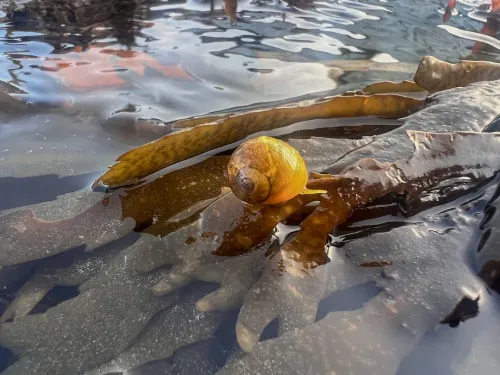
National Marine Week is our celebration of UK seas! From 26th July - 10th August 2025 we'll be showcasing the 'Secrets of our Seabeds'. One of these secrets are lesser-known marine species.